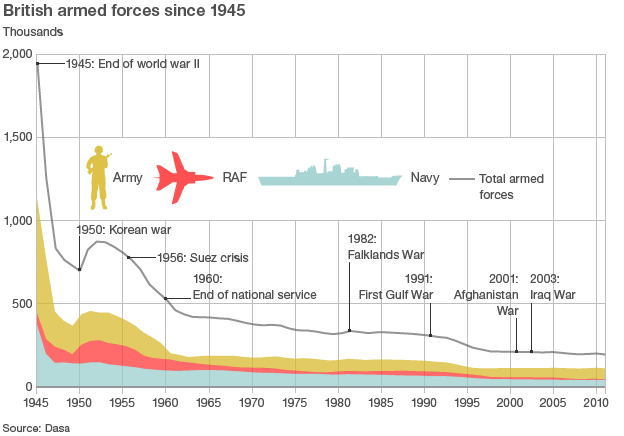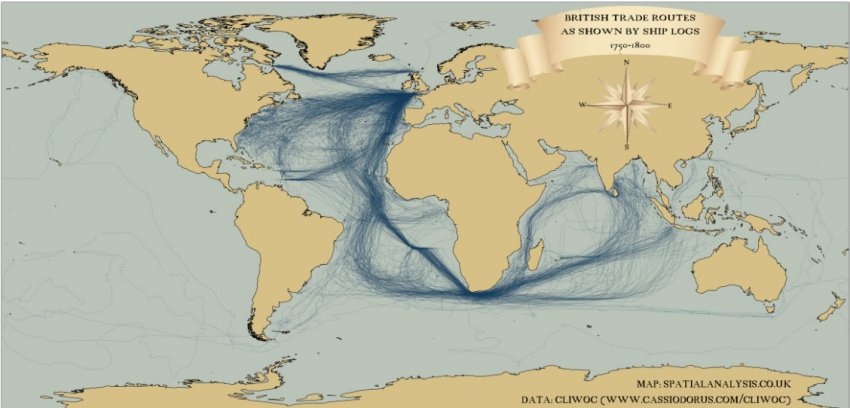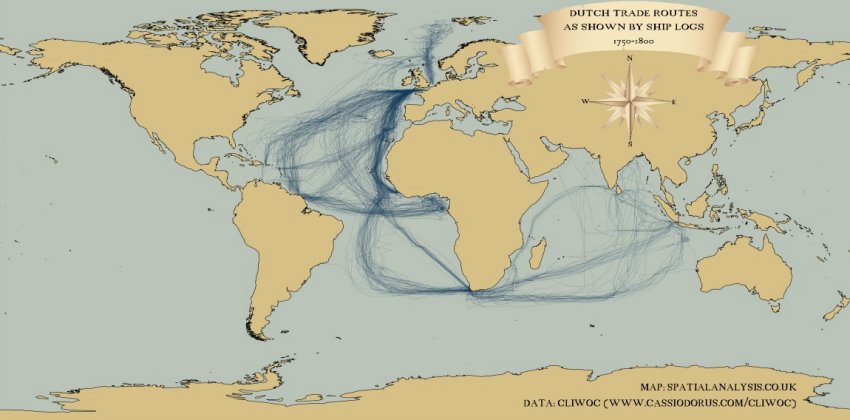Setting aside the fact that there’s no rational way to compare battles from different wars in different eras, the National Army Museum is holding a poll to determine the top five British battles, then a debate among historians followed by a concluding vote to determine the “best” of them.
As well as famous battles, the list includes some less well-known clashes, such as Megiddo in 1918, in modern-day Israel, where a British-led force decisively broke through the Ottoman front lines.
The earliest battle on the list is the English Civil War clash at Naseby, in 1645, in which the Royalists were defeated by the Parliamentarians’ disciplined New Model Army.
It is one of two that took place on British soil between two armies from this country. The other is Culloden (1745), which marked the end of the Jacobite rebellion.
Not all the battles ended in victory. The list includes the failed Gallipoli campaign (1915-1916), in which Britain and its allies tried to invade the Ottoman Empire.
Others are less conclusive: such as the Crimean clash of Balaklava (1854) – noted for the disastrous Charge of the Light Brigade — and the Somme (1916).
The most recent engagement is Musa Qala, in Afghanistan, where, in 2006, a small garrison of British, Danish and Afghan troops withstood a lengthy Taliban siege.
Only land battles are being considered, ruling out naval victories such as Trafalgar (1805) and air campaigns such as the Battle of Britain (1940).
Speaking non-scientifically, clearly the most important land battle in British history was the clash between Wolfe and Montcalm on the Plains of Abraham:
… also known as the Battle of Quebec, (Bataille des Plaines d’Abraham or Première bataille de Québec in French) was a pivotal battle in the Seven Years’ War (referred to as the French and Indian War in the United States). The battle, which began on 13 September 1759, was fought between the British Army and Navy, and the French Army, on a plateau just outside the walls of Quebec City, on land that was originally owned by a farmer named Abraham Martin, hence the name of the battle.
The battle involved fewer than 10,000 troops between both sides, but proved to be a deciding moment in the conflict between France and Britain over the fate of New France, influencing the later creation of Canada.[2]
The battle (and its aftermath) tend to be ignored in Quebec, but it shouldn’t be:
Montcalm died before dawn on the 14th. Hit again, probably by a Canadien militiaman, Wolfe died as the French ranks dissolved. Fighting on the Plains continued until dusk, sustained by Canadien militia and their native allies. When Quebec sovereignists killed plans to re-enact the battle they helped keep that heroic story secret. Perhaps they had no idea that it happened. When French regulars fled, the militia fought on.
Five times they stopped Fraser’s terrifying Highlanders from slaughtering the terrified regulars. Thanks to their despised militia and aboriginal allies, Montcalm’s French regulars could safely stop at Beauport, catch their breath, and begin a long, dreary march back to Montreal to prepare for another year of war. Did the separatists not want anyone to know?






